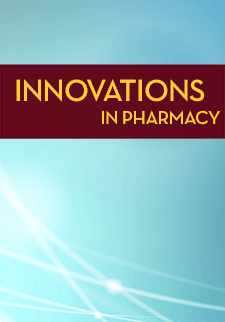Academic Success and Initial Labor Market Outcomes for Pharmacy Graduates
Sean Murphy
Cynthia Naughton
Dan Friesner
DOI: https://doi.org/10.24926/iip.v2i1.214
Keywords: exit survey, labor market outcome
Abstract
Purpose: This study examines the relationship between academic success and labor market outcomes among graduating pharmacy students. Unlike previous studies, this paper characterizes labor market outcome not only as an individual's starting salary, but also whether or not the student had a position secured at the time of graduation, whether or not a signing bonus was received, and the setting in which (s)he will practice.
Methods: A standard exit survey was administered to graduating Doctor of Pharmacy students at a Midwestern, public university within two weeks of graduation. The relationship between academic success and initial labor market outcome was assessed using cross-tabulations, chi-square and Fisher exact tests.
Results: There were no significant relationships between grade point averages and signing bonuses, starting salaries or employment offers. Students with higher grade point averages were less likely to work in chain community pharmacies, and more likely to work in a hospital or other health-system setting.
Conclusions: The relationships between academic and direct measures of labor market outcomes (salary and bonuses) were not necessarily positive, as standard economic theory predicts. Rather, the relationship is indirect, as it appears that students with greater academic success obtained employment in more clinical settings, which carry a different mix of pecuniary and non-pecuniary benefits.
Type: Original Research


